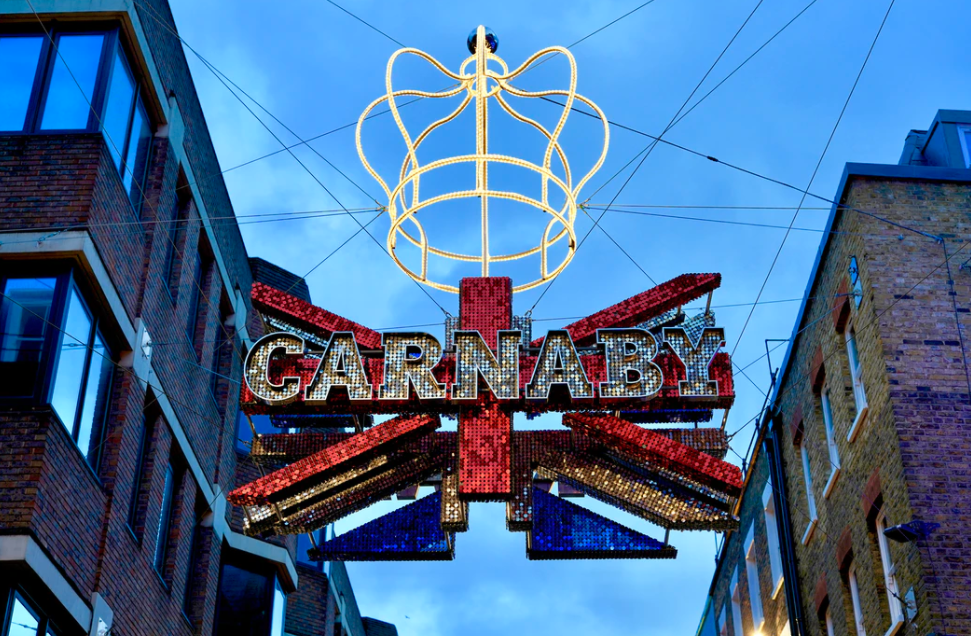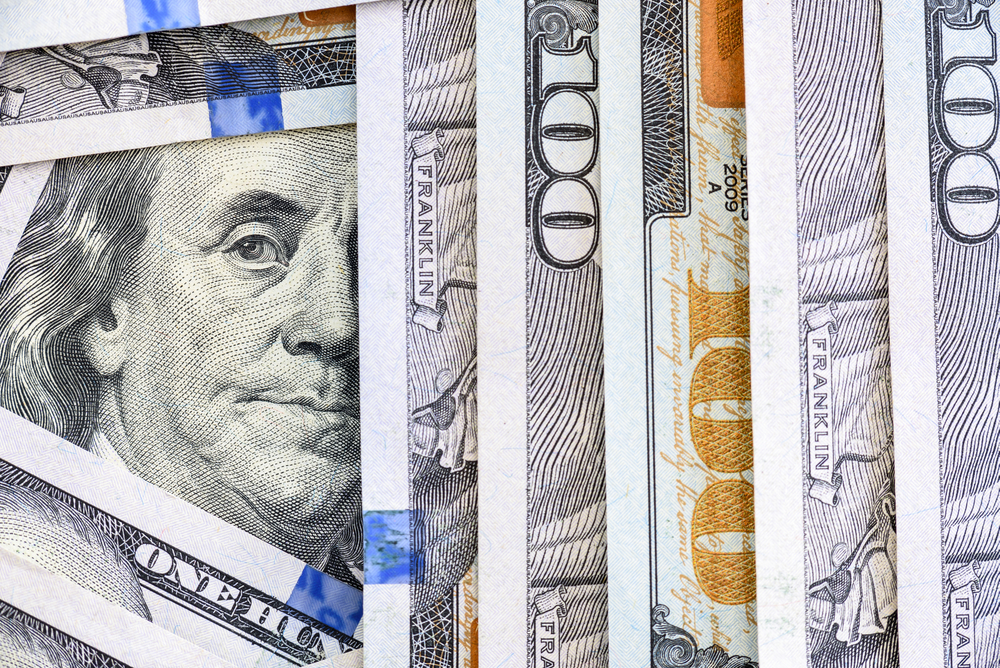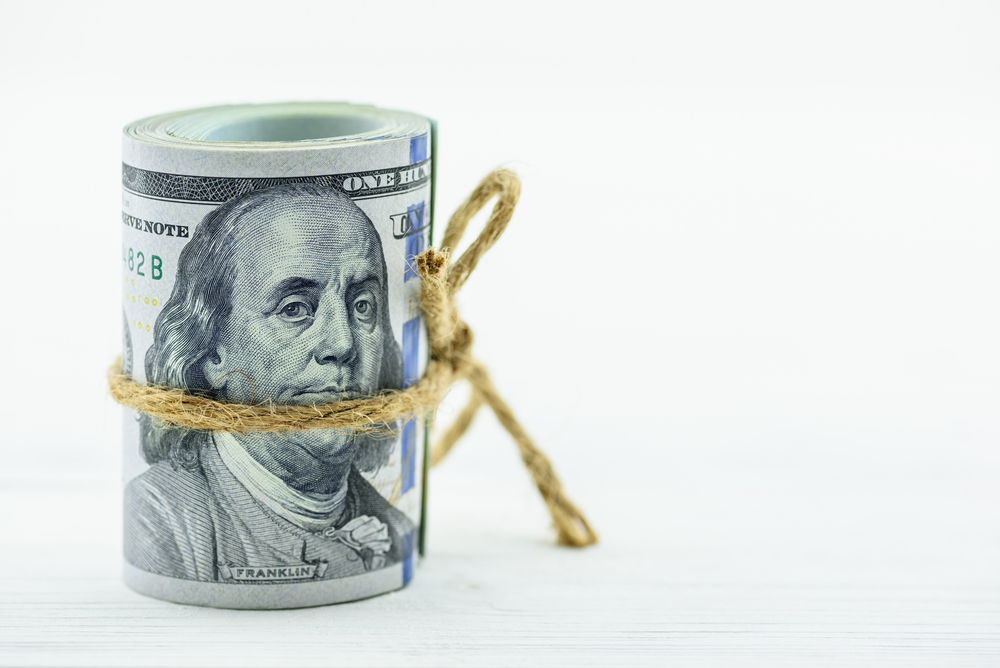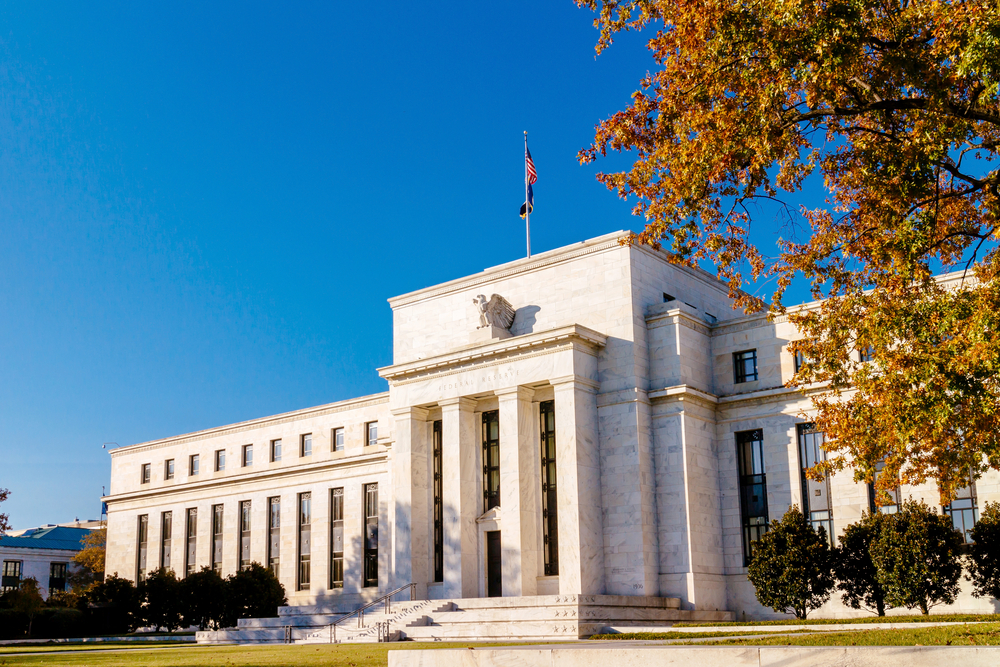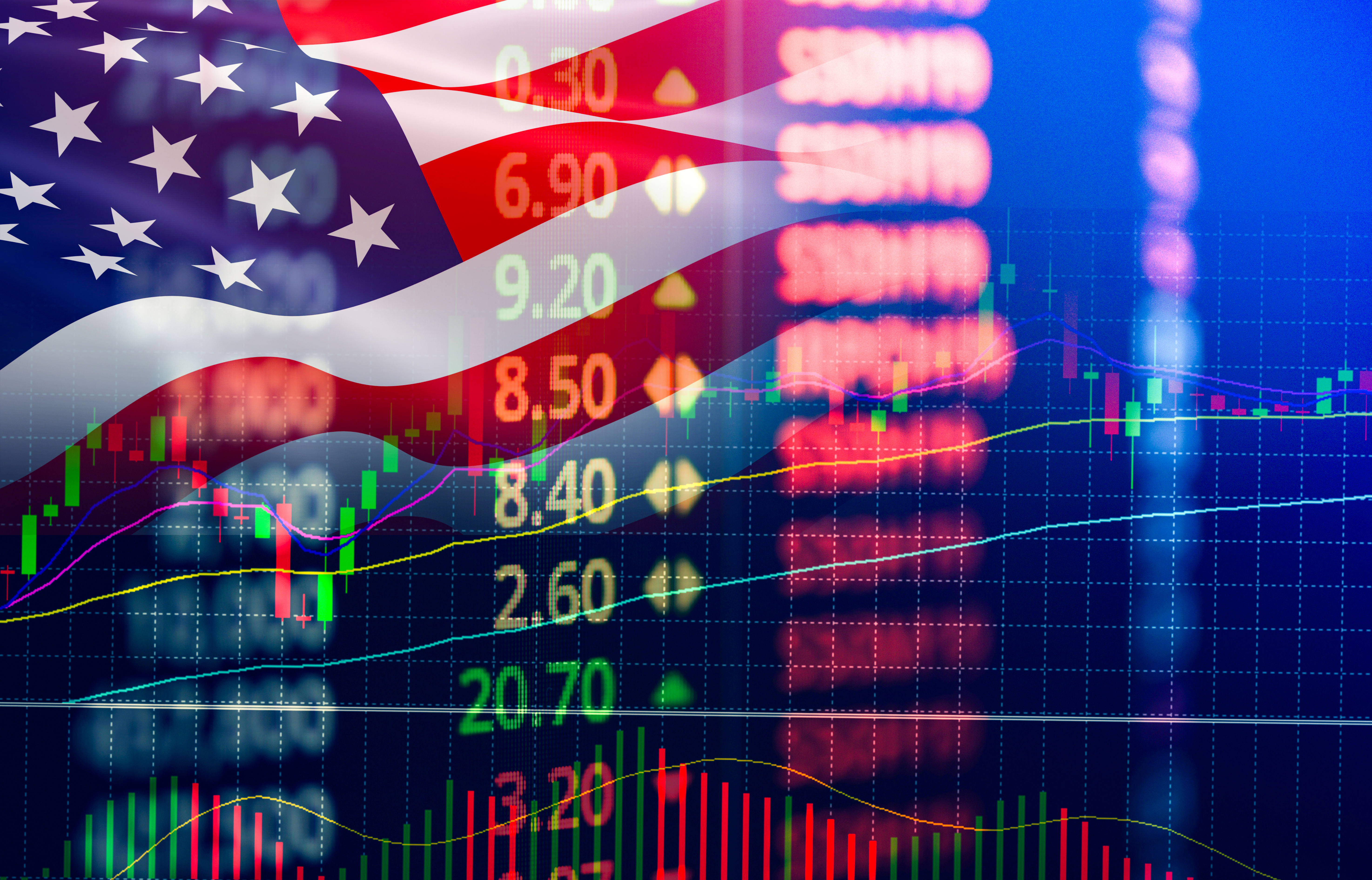Brexit: the Christmas Gift
One of the biggest problems between London and Brussels after the start of the process of Britain's withdrawal from the European Union (EU) has been free trade. Brexit was approved by a referendum decision in 2016, but the Free Trade Agreement extended the negotiations by almost one year.
As part of the talks, the UK aimed to achieve free trade, while the EU opposed the UK's decision, leading the talks to be extended. At the same time, the EU's call for “negotiations to continue in 2021” was declined by the UK with a statement that the talks would not be extended in the coming months as the final date is December 31, 2020. While negotiations continue between two sides, Michel Barnier, the EU's chief Brexit negotiator before Christmas said: "No more looming "no-deal" threats; no more almost painful uncertainty about future relations across the Channel. This was a historic moment." In addition, a UK official shared information with the press, stating that there will be a zero tariff zero quota on trade between the UK and the EU in the next period, and he also noted that the agreement has been approved.
After tough negotiations, the UK and the EU reached an agreement on how the post-Brexit trade should be shaped. But the European Parliament will decide whether to approve or disapprove of this agreement between the parties. In a statement, the Parliament said it would decide the outcome of the agreement by 2021. Meanwhile, the UK Government called on MPs to Parliament to vote on the Free Trade Agreement on December 30.
What does the agreement offer for future?
Ensuring equal conditions between the parties
The European Union's right to impose unilateral sanctions on the UK if it acts against fair competition was an important factor that made negotiations last longer. But within the framework of the current agreement, a mediation mechanism was created to resolve its own views on competition, and a condition was introduced that can be renegotiated in the relevant parts of the trade agreement for problems that may repeat and take a long time to resolve.
Ensuring Greater Control And Bureaucracy in Trades
After the UK leaves the EU as of January 1, the products will be subject to customs control and will contribute to the expansion of the bureaucratic process.
Quota in Fisheries and Restriction of Access to Waters
Fisheries has become another important issue between the UK and the EU. And as a result of the agreement, UK will be fully transferred to control of British waters as of January 1, and how much fishing EU-origin boats can catch in the region will be determined through annual negotiations.
Termination of Moving Freely Across the EU
The visa control system had not been implemented as part of free movement between the two countries. However, as of January 1, 2021, border controls will be expanded, and citizens of the parties will be subject to more visa control.
Financial Sector
UK-based financial institutions will not have access to the EU's single market as of the first day of 2021. It is also expected that the first talks will take place in March 2021, as the parties agree to negotiate more thoroughly outside the trade agreement about the access to markets.
The Brexit negotiations, which became the agenda of the UK after the country wanted to leave the EU through a referendum in 2016, were extended for an 11-month period as a result of agreed views on a free trade deal that could not be reached. But as the final date approaches, the deal between the countries came to an end before Christmas. Britain will again benefit from some of the rights it benefited from the EU through the trade agreement as of January 1. However, the UK will possibly try to extend the rules and make a free trade agreement. Thus, in case the trade deal was approved by the UK and the EU, we believe that the additional taxes that the UK may apply can also contribute to economic activity and that British trade volume will increase.

